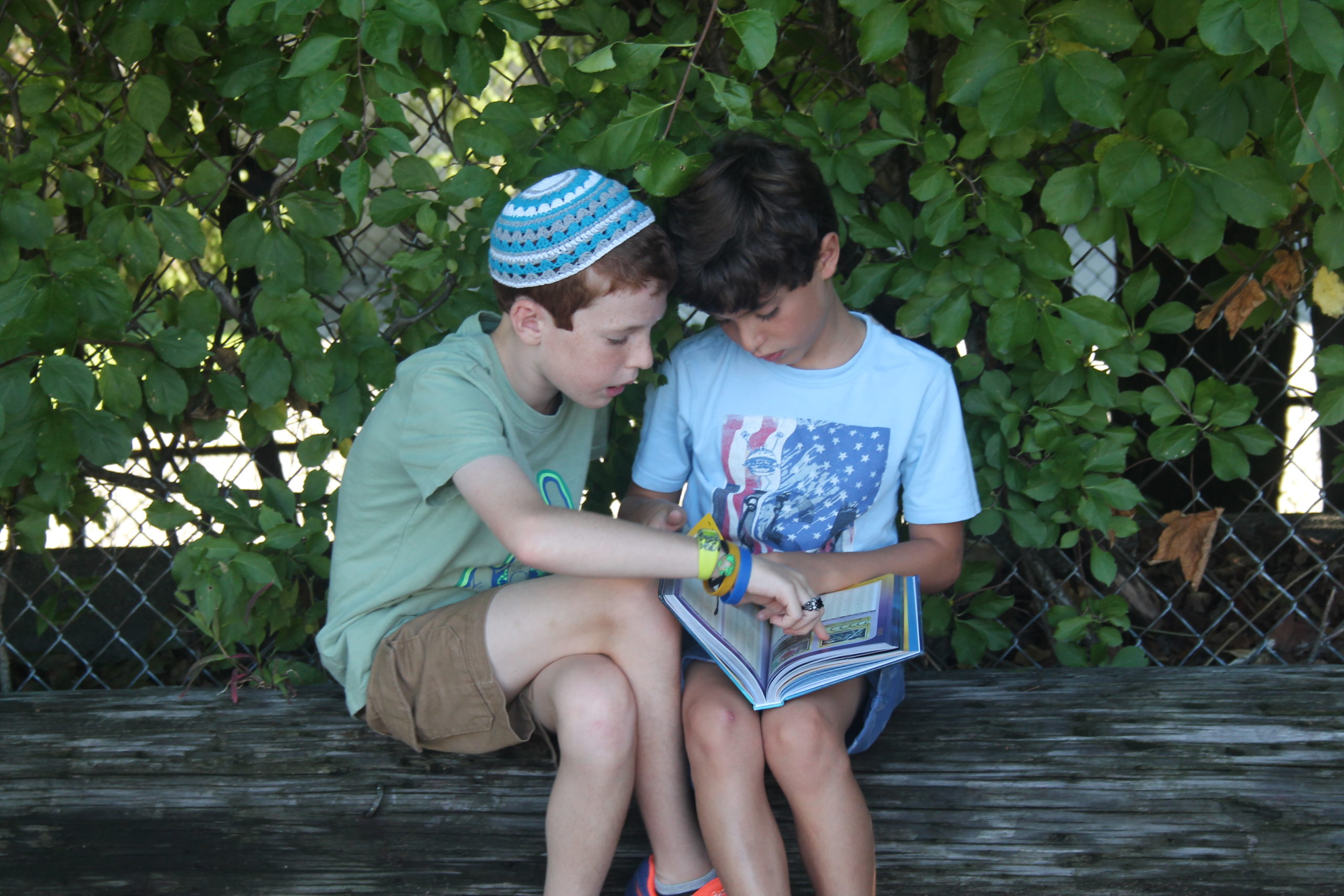Visionary change-makers in the Rhode Island Jewish community founded our school in 1978, establishing themselves in a few rented rooms in Providence’s Temple Emanu-El. Over the last 45 years, our name, mission and building have transformed while at the same time our roots in the community have deepened and our graduates have multiplied.
13
average class size in Nitzanim (3s class) through Grade 5
25+
field trips a year on the JCDSRI private school bus
50%
of our graduates enroll in private middle schools and 50% attend public middle schools
50%+
of our families recieve scholarship awards (average award is $10,000)
70%
of our faculty have a Masters degree or higher
100%
of our students are LOVED, NURTURED and SUPPORTED

Our Core Values
shape the culture of our school, creating an environment in which children feel safe, respected and challenged.
Respect/Honor – Kavod – כָּבוֹד
-
Acknowledging the value and worth of every human being
-
Honoring the people, ideas, and environments that shape and support our beloved community
-
“Who is honorable? One who honors all others.” (Rabbi Ben Zoma, Pirkei Avot 4:1)
Community – Kehillah – קְהִלָה
-
Recognizing that our joy, growth, and purpose grow when we share our strengths and wisdom
- Embracing our mutual obligations
-
Honoring our relationships and what they teach us about being human and holy
Responsibility – Achrayut – אַחֲרָיוּת
-
Embracing an empathic and expansive approach to problem solving
-
Recognizing how our choices impact our surroundings and taking the initiative when there is work to be done
-
Working together to create and sustain safe and sacred spaces in our world that foster learning and growth
-
“We are not obligated to complete the work of healing the world, but neither are you free to desist from it.” (Rabbi Tarfon, Pirkei Avot 2:21)
Loving-Kindness – Chesed – חֶסֶד
-
Embracing other people’s – and one’s own – special gifts and inherent dignity
-
Expressing feelings of love, kindness, and compassion through words and actions
-
Choosing to act with generosity and mercy
Justice/Righteousness –Tzedek – צֶדֶק
-
Taking responsibility for the well-being of our humanity and our planet
-
Working to ensure that hesed and kavod guide our personal relationships, as well as how we structure our institutions, systems, and culture
-
“Tzedek, tzedek tirdof / צֶ֥דֶק צֶ֖דֶק תִּרְדֹּ֑ף Justice, justice thou shalt pursue”. (Deuteronomy 16:20)